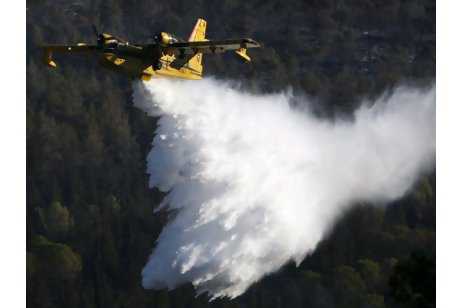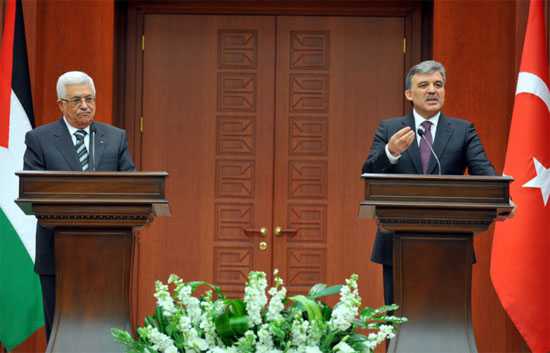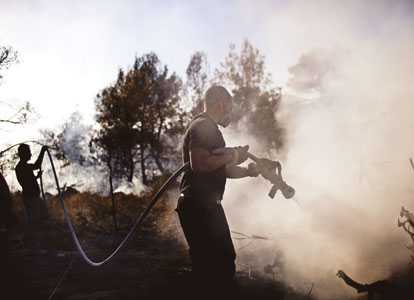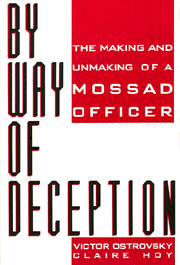Senior officials from Turkey and Israel have been meeting in Geneva to try to settle the diplomatic dispute caused by the killing of Turkish citizens in an Israeli raid on an aid flotilla in May.
 The talks follow Turkey’s decision last week to send two aircraft to help its long-time ally fight a forest fire.
The talks follow Turkey’s decision last week to send two aircraft to help its long-time ally fight a forest fire.
Nine people were killed on the Turkish ship, Mavi Marmara, as it tried to breach Israel’s blockade of Gaza.
Turkey has so far demanded that Israel apologise and offer compensation.
Israel has admitted mistakes were made in intelligence-gathering and planning, but insisted its commandos used lethal force on boarding the Mavi Marmara because pro-Palestinian activists had attacked them.
The activists have said the troops opened fire as soon as they boarded the vessel, which was in international waters at the time.
A blockade has been imposed on the Gaza Strip by Israel and Egypt since the Islamist militant group, Hamas, seized control in 2007.
Firefighting help
The BBC’s Jonathan Head in Istanbul says that, six months after the raid on the Mavi Marmara, the meeting in Geneva was the first real effort to end the diplomatic rift between the two countries.
Our nine brothers martyred on the Mavi Marmara must be accounted for. First an apology must be made and compensation must be paid”
The two senior officials are reported to have explored a compromise formula which bridges Turkey’s demand for an apology and compensation, and Israel’s insistence that its forces were justified in using force when they boarded the flotilla, our correspondent says.
The diplomatic ice was broken by an agreement to send two Turkish firefighting aircraft to help fight the huge wildfire burning north of Haifa.
Prime Minster Benjamin Netanyahu telephoned his Turkish counterpart, Recep Tayyip Erdogan, to thank him – the first contact between the two since May.
However, Mr Erdogan later insisted the firefighting assistance was solely a humanitarian gesture.
“No-one can expect us to be silent, to abandon justice until the blood spilled in the Mediterranean is cleaned. Now some are coming out and saying: ‘Let’s begin a new phase.’ Before that, our demands must be met.
“Our nine brothers martyred on the Mavi Marmara must be accounted for. First an apology must be made and compensation must be paid.”
The United States has been pressing both countries to resolve their differences, but without any success until now.
Our correspondent says it could still take many more meetings to close the gap between their positions – even then, Turkish officials warn, the two countries will not be able to return to the levels of military and intelligence co-operation they had a decade ago.
Israel believes this is due to anti-Israeli prejudices within the governing Justice and Development Party (AKP) in Turkey; Turkey says it is Israel’s policies in Gaza, and Turkey’s ambitions in the wider Middle East, that make the restoration of their former partnership impossible, he adds.
via BBC News – Israel and Turkey hold talks to heal rift over flotilla.





